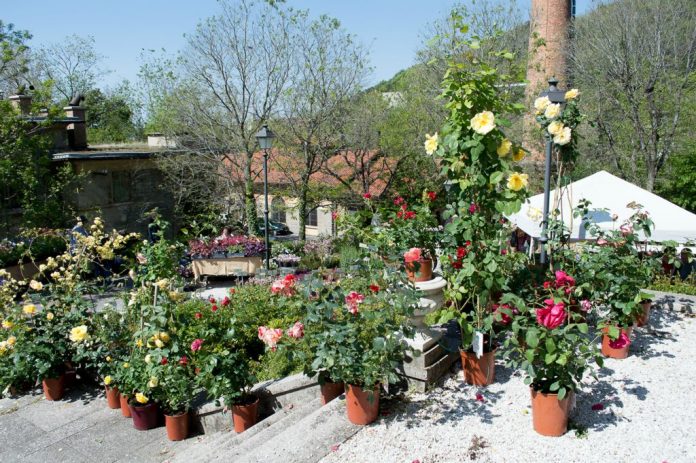by InTrieste
Starting this week, the Urbi et Horti group, in collaboration with Legambiente Trieste and Bioest, is offering free urban horticulture and arboriculture courses that promise to empower residents with the knowledge to grow their own food, regardless of their living space.
The courses, which are open to all, aim to teach everything from basic gardening skills to the art of managing a small olive grove or berry plant. In a world where urban living often disconnects people from nature, this initiative is rooted in the belief that cultivating a small plot of land—whether on a balcony, in a community garden, or on a tiny rooftop—can not only foster personal growth but also contribute to a more sustainable and cohesive society.
“We want to show people that urban gardening isn’t just for those with sprawling backyards,” said Tiziana Cimolino, one of the course organizers. “It’s something anyone can do, and it’s incredibly rewarding.” Cimolino, who has long advocated for eco-sustainable gardening practices, emphasized the benefits of using natural, organic, or even biodynamic methods in small-scale farming. “Whether it’s through permaculture or biodynamics, these practices offer multiple positive outcomes—for individuals, for the environment, and for our communities,” she explained.
The course, which began on November 13 and runs through November 27, consists of three modules, each lasting about an hour. The first two sessions covered topics such as creating and managing a family olive grove. On Wednesday, November 27, the final session will focus on the creation of a family berry planting. These lessons, led by experts in the field, blend theory with hands-on experiences, encouraging participants to engage in discussions and share insights.
“The goal is not only to teach the techniques of cultivation but to introduce the concept of protecting and enhancing common goods—like green spaces—as the foundation of horticulture,” Cimolino said. “We’re teaching how urban gardens and the recovery of green spaces can be eco-sustainable ways of using urban and peri-urban environments. But more importantly, it’s about fostering community connections and social cohesion.”
The urban gardening movement is gaining traction in Trieste, with over thirty urban gardens established in the city so far. More than 300 new urban farmers have been trained through the initiative, highlighting a growing interest in local food production and environmental stewardship. It’s a movement that not only provides fresh, healthy produce but also strengthens ties among neighbors, fosters collaboration, and encourages responsible, conscious living.
The workshops are free to attend, and participants who complete all three modules will receive a certificate of participation. For many, the hands-on approach to gardening offers a unique opportunity to reconnect with nature and rediscover the simple pleasures of growing food.
“Growing your own vegetables can be incredibly satisfying,” Cimolino said. “Not only do you get fresh, healthy produce, but it’s also a great way to save money. And if you have kids, it’s a wonderful opportunity to involve them in something educational and hands-on. Gardening has a strong educational value and can help children develop a sense of responsibility and connection to the environment.”
While the course emphasizes the personal benefits of gardening, its larger mission is to promote social sustainability. Gardening in urban settings fosters a sense of community, offers opportunities for shared goals, and creates spaces for interaction and collaboration. The initiative is a reminder that even in a fast-paced, modern world, we can all take small steps to create a more connected, eco-conscious future.
As Trieste looks toward 2025, this urban gardening movement is just one of many initiatives highlighting the city’s commitment to sustainability and social progress. Whether it’s on a balcony, a public green space, or an urban farm, the message is clear: growing your own food is not just a hobby, it’s a path to a healthier, more sustainable, and more connected future.
For more information about the courses, visit Urbi et Horti’s website or check out their Facebook page.





























